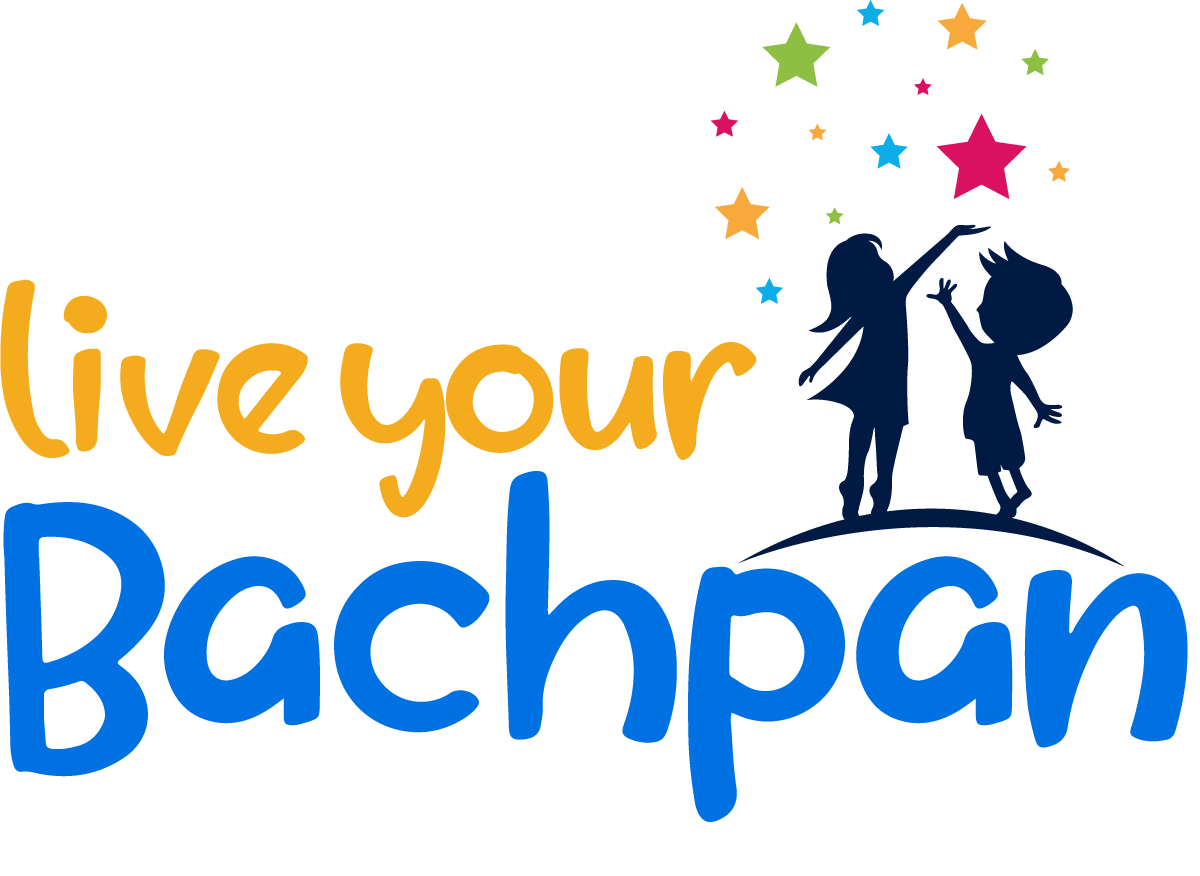
Acknowledging emotions is not the same as recognizing emotions. Most often our children are taught to recognize emotions but not really how to acknowledge them. Acknowledging emotions is actually the next step wherein the child understands why they are feeling what they are feeling and how can they respond to those emotions. Children start to feel emotions the moment they are born. The energies of the environment around builds their first set of senses. They feel emotionally connected to their parents, how else can you explain the separation anxiety and the calmness they feel the moment they feel a familiar hug. Children at this young age cannot draw rational conclusions from their emotional outbursts nor can they control their responses. They need to be taught, because if they are left alone to draw their own conclusions or manage emotions on their own, the results can be disastrous.
“People will forget what you said, forget what you did, but they will never forget how you made them feel” – Maya Angelou
Its no different for children. Unacknowledged emotions drag in human minds as open sores building in negativity and lack of trust. Global studies reveal that one of the major reasons for suicides or crimes committed by children is unacknowledged or suppressed emotions. Not only this, non acknowledgement of emotions can lead to low self esteem, lack of confidence and lack of empathy as they grow up. Conversely, a child who’s emotions are well acknowledged and addressed spreads happiness around and grows up to be an empathetic, confident and respectful individual.
More often than not, we stop at recognizing the emotion and asking the child to stop behaving in a certain manner – for example, if they are being too loud, or resentful, angry, we raise our voice, sometimes hand, we try to suppress it or sleep over it.
What happens when the child’s emotions are left unacknowledged?
- They don’t know how to make positive choices: He/ She does not know what to do in such scenarios – which leads to further frustration and when they grow up, they become destructive as they feel that’s the natural answer (nobody told them otherwise)
- They lack self belief: They feel less confident and cared for, they lose trust in their own abilities, coz there was no reinforcement of positive behaviours
- They have no empathy – as they feel – “nobody cared for me, now why should I care”
- They tend to feel isolated or withdrawn and do not participate actively in anything
Once our children learn how to acknowledge their emotions, they can manoeuvre them to their advantage as they grow up. After all, kids who grow up learning to respect their own emotions grow up to respect others’ emotions and feelings.
Read Ways to acknowledge your child’s emotions and deal with them with practical examples and scenarios.
You can empower your child to recognize his/ her emotions using our Emotions Toolkit designed keeping your child in mind. It is a compilation of games, handbooks and scenarios your child can relate to and learn how to acknowledge emotions and respond to them.
Our Feels Playbooks help your child learn about triggers, signals about various emotions and strategies to deal with them on their own. Enrol your child into one of our programs where we will teach your child all about acknowledging emotions and much more.
Want to learn more? Book a FREE Consultation Call by clicking here to know about WHAT we do, HOW we do and more importantly WHY we do it.
